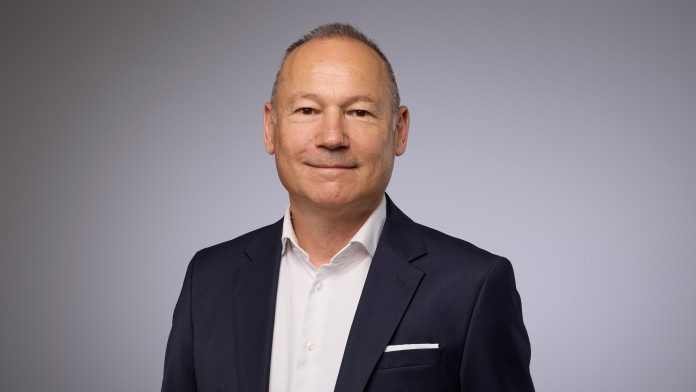Press Release from 2019-10-15 / Group, KfW Research
KfW SME Panel 2019: After a record year, dark clouds are gathering – businesses between all-time highs and recession fears
- Turnover growth, employment and investment have reached record levels
- Service enterprises are the pillars of jobs growth
- Equity ratio remains on a high level
- Financing is hardly a problem and access to credit is historically good, so companies are holding on to their own funds
- There are growing signs that the upturn is ending
Germany’s SMEs rushed from one all-time high to another in 2018. Bolstered by a strong domestic economy, small and medium-sized enterprises (SMEs) saw their strongest turnover growth in seven years, further record employment and persistently high levels of investment. The findings of the KfW SME Panel which was published today paint a nearly immaculate picture of the past year. That picture is set to deteriorate significantly this year.
Specifically, the current KfW SME Panel revealed the following: Small and medium-sized enterprises continue to play their role as the driver of employment. A total of 31.7 million persons were employed by SMEs in 2018, around 391,000 or 1.3% more than the year before. A remarkable change was the 2.4% growth in full-time employment by SMEs and the 1.6% reduction in part-time employment. The mainstay of the persistent employment growth is the service sector, in which knowledge-intensive services in particular gained importance.
SMEs’ turnover grew by 4.9% on average, the highest rate of the past seven years. The cyclical upturn of the past year was particularly good for construction firms (+8.0%) and micro-businesses with fewer than five employees (+6.2%), while turnover growth in the manufactur¬ing sector was clearly below the levels of previous years (approx. 4%). E-commerce in SMEs also grew at high rates, with turnover increasing by 27% in the past two years. Its contribution to total turnover rose to EUR 250 billion.
SMEs’ average equity ratio remained on a high level of 31.2%; however, the signs are mounting that the long buildup of equity may come to an end. Nevertheless, with that ratio enterprises should be equipped to face a possible deterioration in the financing environment.
Businesses remain on an expansionary course with their investments. The volume of new investment rose again, this time by 4.5% to EUR 184 billion. Companies invested more than average in capacity expansion, especially in the services sector. Enterprises offering knowledge-intensive services, in particular, invested an all-time high of EUR 67 billion.
The additional investment volume came entirely from external funding sources last year. This testifies to the very good financing environment coupled with a historically low loan application denial rate. Credit volume surged to an all-time high. Overall, 573,000 enterprises borrowed from banks in a total volume of EUR 75 billion. Long-term loans were the preferred option. In return, they used fewer funds of their own. That means SMEs are retaining the reserves they built up in the past.
Economist Dr Michael Schwartz commented on the results of the KfW SME Panel as follows: “A look at the past year once again reveals all-time highs. And companies will continue on a growth path in 2019 as well. Employment, turnover and investment will continue to expand. But the momentum will slow noticeably as the long-running upturn appears to be gradually running out of steam. Along with the significant cyclical slowdown in Germany, that signals the end of the record years for the SME sector, even if it should continue on a high level for now. But the dark clouds on the horizon can hardly be overlooked anymore.”
The current Current KfW SME Panel can be downloaded from:
www.kfw.de/mittelstandspanel (available in German only).


Share page
To share the content of this page with your network, click on one of the icons below.
Note on data protection: When you share content, your personal data is transferred to the selected network.
Data protection
Alternatively, you can also copy the short link: https://www.kfw.de/s/enkBbm2w.CFdA
Copy link Link copied